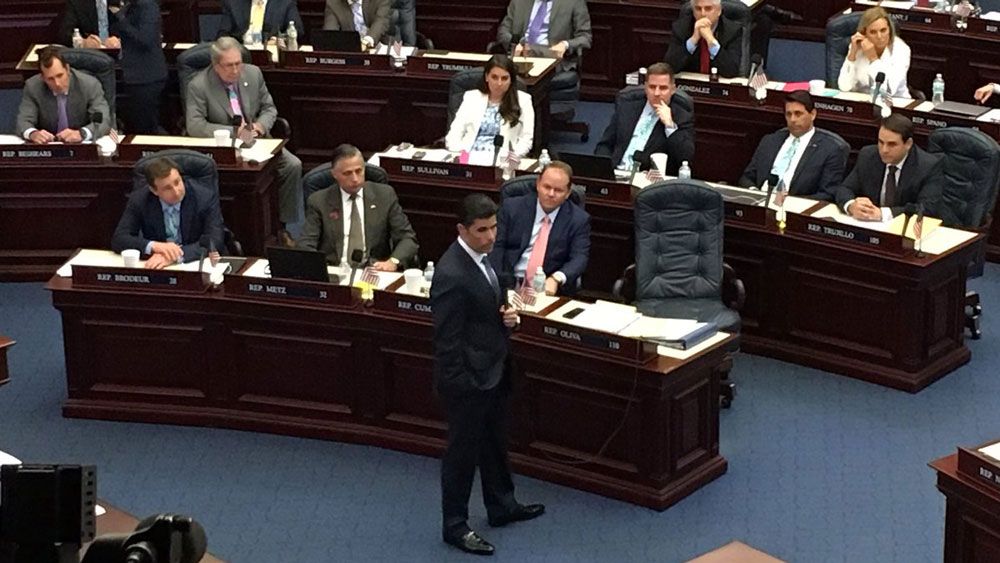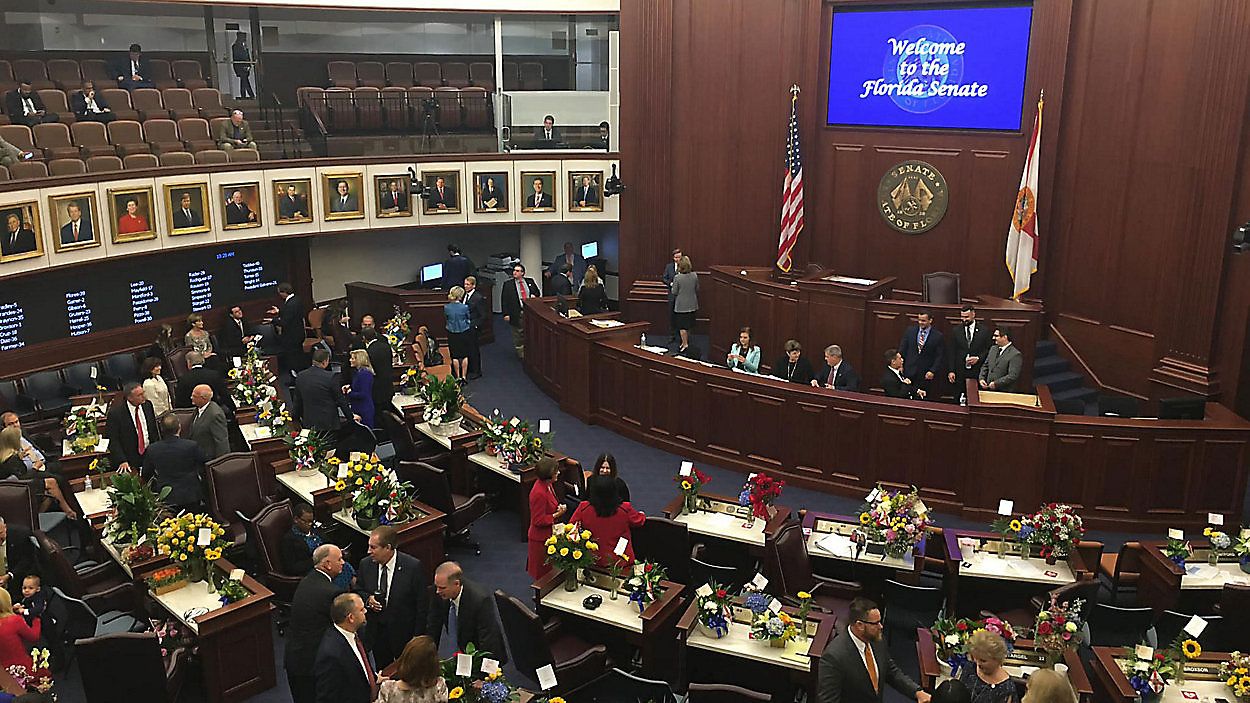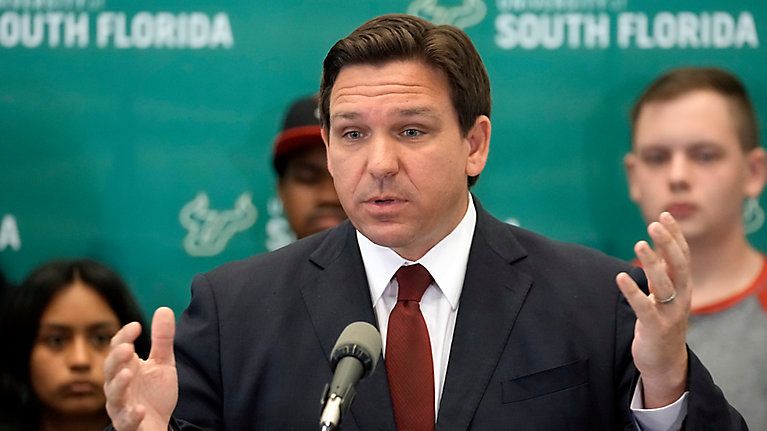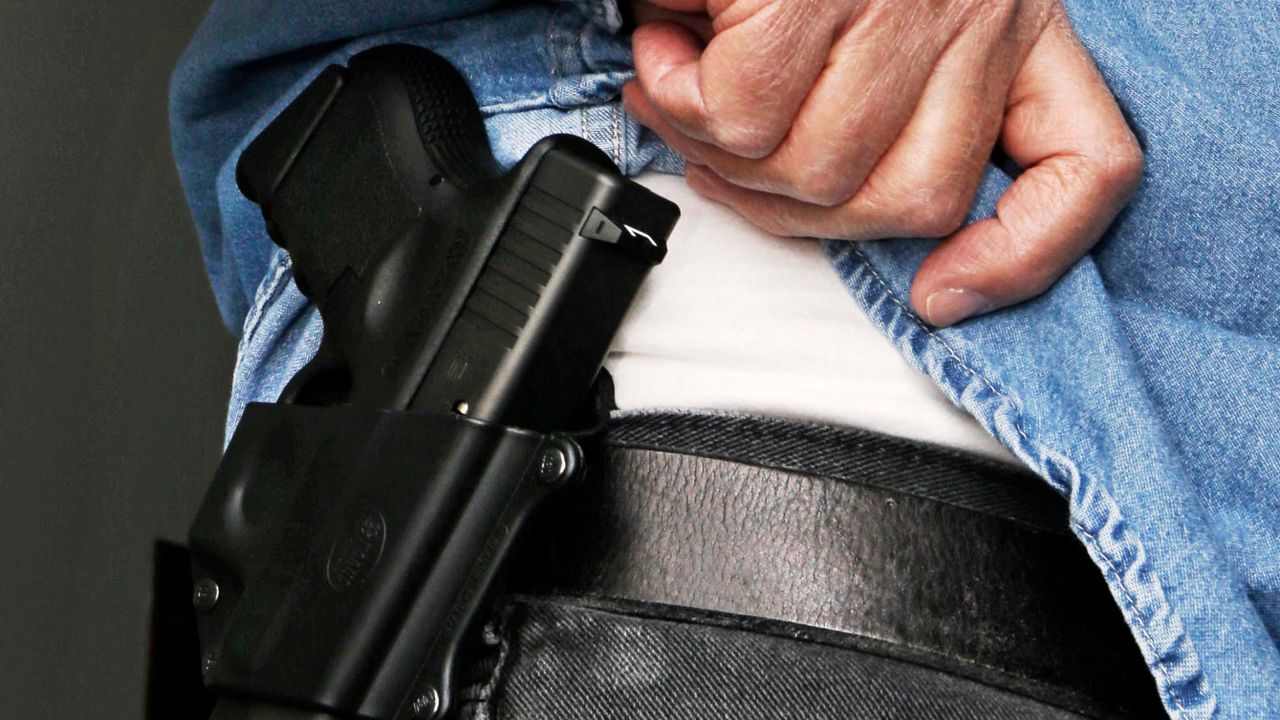TALLAHASSEE, Fla. — A wise man once said there are two things no one wants to see get made – laws and sausage.
The Florida Legislature goes to Tallahassee every year for 60 days to consider thousands of proposed bills. Most don’t even get through committees, let alone passed by both houses of the Florida Legislature.
The basic steps to get a bill passed mirrors the famous “I’m Just a Bill” song from Schoolhouse Rock.
But how a bill gets through this process is a bit murky.
- FLORIDA GOVERNMENT GUIDE:
The basic path from bill to law
FIRST STEP: FILING
The first thing to remember is there are two chambers to the Florida Legislature: the Florida House of Representatives and the Florida Senate.
Any bill that wants to make it to the governor’s desk must get through both chambers of the legislature first.
In nearly all cases, a bill in one chamber has to have a companion bill in the other. Only in very rare cases can just one bill get through both chambers, usually if it’s a cause important to leadership.
With this in mind, the first step is the filing.
Say you are a state representative, and you want to get a bill passed to make texting while driving a traffic violation.
You file a bill with the Florida House of Representatives. It gets a first reading. It must be read three times in the Legislature. The first reading is usually by publication.
NEXT STEP: COMMITTEE
The Florida House Speaker then refers the bill to committees that correspond to the bill’s subject matter.
In committee it gets debated, possibly amended, and voted on.
ON TO THE VOTE
If it passes all of its committees, it gets placed on the special order calendar to go to the House floor.
There it gets a second reading, where amendments may be added.
There’s then a third reading in the House, and then a final debate before a vote is taken.
But that’s just one chamber.
Over in the Florida Senate, the companion bill has to go through the exact same process.
If there are no differences between the House and Senate bills, the issue goes to the governor for his signature or veto.
But if there are differences, the bill goes to a conference committee, which may produce a final version. The full House and Senate take a final vote, and if the bill is passed then, it goes to the governor.
That’s a lot of steps, and a lot of places for potential obstacles.
Who decides what committees a bill must go through?
The Speaker of the Florida House and the Florida Senate president decide if a bill will be heard in committee, and the number of committees that have to handle the bill.
There’s no set formula for this. In theory, a bill should go through committees that correspond to the subject matter.
But if the bill is important to legislature leadership, it may go through only a couple committees.
If it is something a House speaker or Senate president doesn’t like, it may be assigned several committees and subcommittees before it reaches the chamber floor.
That’s more chances to stop a bill in its tracks.
Does a committee have to hear all the bills referred to it?
No.
The chair of a committee has absolute power over whether a bill is scheduled for a committee hearing. The chair can decide not to do so.
Again, there is no set formula for this. It’s all up the preference of the committee chair. If they don’t like the bill, they can simply not schedule it.
Many bills die in committee this way.
Say a bill goes through all of its committees. Is there anything that can stop it from going before the full House or Senate?
The House speaker or Senate president can temporarily postpone the bill.
If the governor vetoes a bill, can that veto be overridden by the Florida legislature?
The Florida Legislature can try to override any veto by the governor with a two-thirds vote in both chambers. It would have to be in a Special Session or the next regularly-scheduled Legislative Session.








